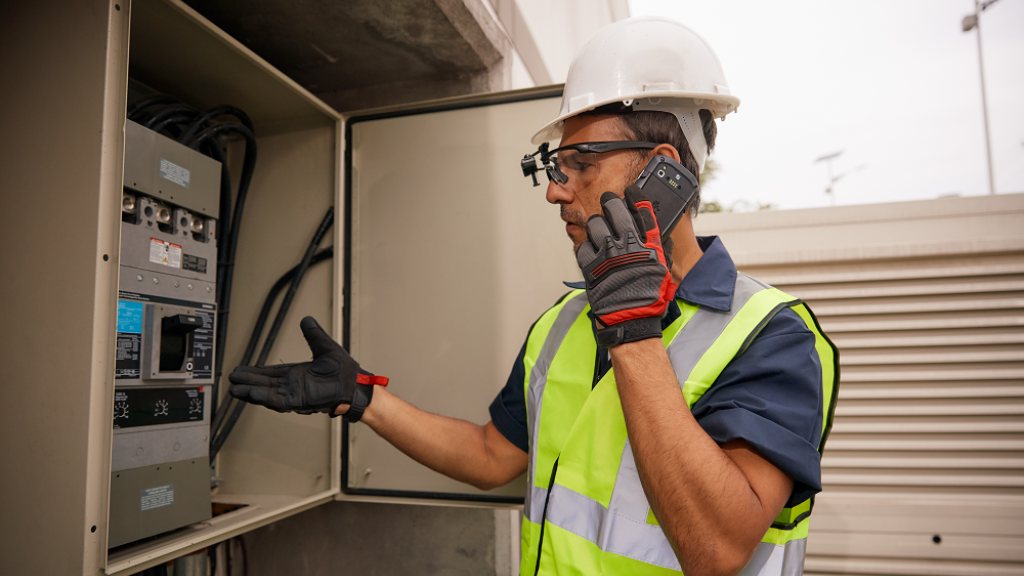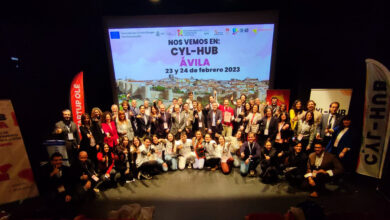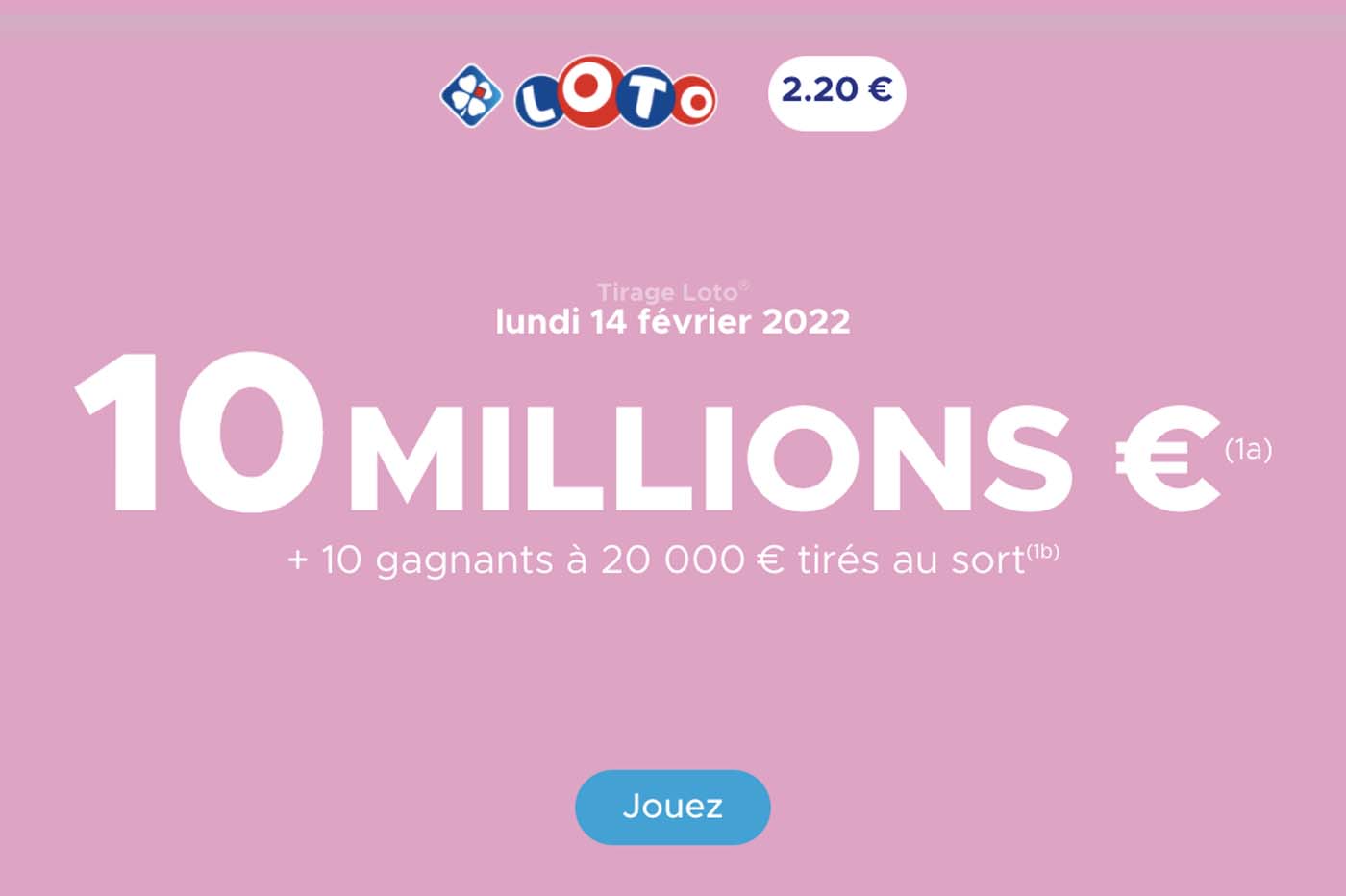
The service entities face different challenges in the coming dates, among which the shortage of qualified personnel stands out, uncertainty in the face of snowfall and heavy rain and the increased incidence of COVID-19. This is what IFS affirms, in its latest analysis.
The multinational specialist in cloud applications for companies points out these three difficult scenarios recently suffered in Spain as unforeseen events that can interrupt the activity of any company, especially those with numerous field professionals who must travel to remote facilities on a daily basis.
But technology has made great strides in recent years and, especially virtual or augmented reality solutions have become the strategic ally that allows many companies not only to continue their services, but even increase effectiveness by 20% of its field technicians and achieve customer satisfaction ratios of 95%, according to data provided by Munters, a global leader in energy efficient solutions for air treatment.
The new generation of this type of professional, at the field level, today uses tools that incorporate everything from mobile devices to virtual glasses with Zebra technology, so that specialists in other locations can share the data and the status of the facilities to be managed, in addition to transferring the knowledge and experience of experts located hundreds of kilometers away.
A practical and simple alternative to sharing data that is taken on site and that offers the highest quality standards to propose solutions in real time to problems or incidents found, which facilitates the work of service and maintenance companies, among others.
“The new IFS Remote Assistance software solution has been designed to allow installers, technicians, engineers and customers to virtually share a real situation with experts, and visually display the service instructions to be applied later” explains Juan González, general director of IFS.
The tool allows to improve response times, increase remote diagnostics, reduce face-to-face visits, save costs, accelerate the speed of repairs and achieve greater customer satisfaction. It also facilitates the exchange of knowledge in real time and helps reduce the environmental impact of travel.
Use cases
Among the use cases, examples such as these stand out:
The technician guides the customer from the ‘back office’, Given the fear generated by COVID-19, entities serve their clients remotely to avoid unnecessary travel that could put the health of employees at risk. Clients will be able to be guided by a professional from a distance and using their own mobile device.
The senior coach guides the junior: Given the shortage of professionals, this is positioned as an alternative capable of reducing the learning curve and favoring the incorporation of less specialized talent, without affecting the quality of service.
Less team travel: in projects that require the collaboration of different teams, such as fiber installation, the action protocol varies with an operator on site and the rest of the team performing their duties remotely. Thus reducing travel expenses and ultimately your carbon footprint.
As the director himself points out, A good example of the effectiveness of these tools is Alfa Laval, an expert global supplier of specialized products and engineering solutions, or Munter, which, after the outbreak of the pandemic, were able to continue their activity in complete safety, thanks to the integration of this technology. .
“At that time, the displacement of technicians to seemingly simple tasks, such as fixing a router or a washing machine, posed significant health risks. Now, knowing what we know and with the rise in incidents, these solutions will be of great help to countless entities, in the face of this new unpredictable scenario, and increasingly remotely” concludes Juan González, general director of IFS.



